Jordan Hansen: Hello everybody today and welcome. I'm here with Clint Weston from Sureline Capital. They're based out of the Utah area. He specifically is outta Ogden. I think your whole office is as well.
Clint Weston: Uh, in the Ogden area. Yeah, just a little west of Ogden in Hooper. But yep.
Jordan Hansen: I'm excited to talk with him today. And if you have like a long history in the banking industry, you've worked at big banks and you've kind of progressed to where you are here with Sureline Capital. But just to start, do you wanna give us a little background on both you and Sureline Capital?
Clint Weston: Yeah, yeah, I would love to. Um, so yeah, you're right. I spent just over 20 years in banking. The majority of that was in commercial banking. I started as a teller way back then and just kind of progressed along and, uh, got into commercial lending and really loved that aspect of it. And then for about five years, I spent time at a bank here in Utah, Tab Bank. And they, you know, do transportation factoring, they do asset-based lending. And that was really where I kinda cut my teeth in this, um, alternative finance. And they do it really well. And, and I enjoyed that.
And then I had moved on from TAB and was working for a couple of other banks, but I just always really enjoyed what I did. And so in 2019, we uh, raised some friends and family money and put my own money in and we started Sureline and just kind of very slowly and organically started growing it. I was much more on the credit operations side than, than really the sell side. I had done a lot of business development, but not recently in the factoring space. And so, uh, it took us a little bit to get up and going.
But, um, we've, we've now been in business for six years and, uh, we've got six employees and we've just been really happy and, and appreciative of the growth and the support we've gotten from our customers and from others. And so, yeah, it's, it's been a great journey. A lot of stress, a lot of hard work. A lot of times we fall down and go, okay, let's not do that again. But, uh, yeah, it's, it's been a really rewarding experience so far.
Jordan Hansen: Oh, that's great to hear. There's so many questions I have just already in what you were talking about as an entrepreneur myself. What made you decide, okay, I need to leave and start my own business? Like, what was the impetus of that?
Clint Weston: Yeah, I, I think I always, uh, part of it probably grew outta my career in banking. I would go, you know, as a commercial lender, you'd go kinda walk around the, the customer's facility or, or you'd look at their product that they're building or whatever that you're gonna lend on. And, uh, it just always kinda spurred within me this entrepreneurial drive and passion. And I always was probably a little bit jealous going, oh, what they're doing looks really cool. And, and I'm just a banker. I'm just a banker. Yeah, just a banker. I'm just counting nickels all day long.
And as I just kind of saw that and grew that. And then my father-in-law was a very successful entrepreneur. I watched him, um, grow and he had a couple of successful, very successful businesses. And, and so I kind of always had that passion and desire. And then with the support of my wonderful wife and then a couple of other friends that were like, you know, maybe it's time you do this. And uh, so it, it was really great to kind of have those individuals say, yeah, maybe it's the time.
And the crazy part of this is I started Sureline in 2019, but I didn't leave my banking job until 2020.
Jordan Hansen: Um, you could do both. They let you do both.
Clint Weston: Well, no. So like when I say I started, we formed the company, we actually didn't kind of start factoring until later in 2019.
Jordan Hansen: Mm-hmm.
Clint Weston: And a lot of it was just trying to find customers. Right?
Jordan Hansen: Yeah.
Clint Weston: Because I was in that develop or business development space, and so it took us a little while to get up and going, but then once we got to the point where I was like, okay, we had a few customers and it was like, I, I need to switch over. That was like March of 2020 and then like a week later, the world shut down. Yeah. Uh, but it's been great and we've been very fortunate and blessed. But, uh, yeah, it has been a wild ride. But yeah, it was, it was a lot of support from friends and family and encouragement and just kind of watching other business owners kind of build something. It just always was very appealing to me.
Jordan Hansen: So it was really like a motivation, like, I need to build something myself. I want to be more than just a banker. I wanna have ownership of this? Is that kind of close to what you're saying?
Clint Weston: Yeah, yeah, probably. I mean, I, I always enjoyed kinda building things and a lot of times in my career, I'd, I'd kinda start in an area that was either maybe underperforming or that didn't exist. And so, you know, I got to build it and I really enjoyed that. But yeah, at some point I kind of was feeling like my career, I wasn't as fulfilled in banking as I was at the beginning of it. I, I loved it and, and so yeah, it was just kinda like, well, maybe it's time to go try and build something on my own and put my money where my mouth is.
Jordan Hansen: Hopefully, hopefully it ends up going well still. I mean, at six years you're normally, obviously you're not ever free and clear, but yeah. A lot more confident. Right. Versus year one and two.
Clint Weston: Right? Yeah. As more time goes on, we learn more lessons and, and learn to try to avoid some things. So yeah, it's, it's been great. Very, very happy.
Jordan Hansen: So you're in the alternative finance space and, and I talked to a lot of people. This is my main market that we work at with Cobalt Intelligence, is we work with people in this space. Most of them avoid transportation. Transportation is like low on their list. Yeah. What do they wanna work with? It's like transportation, cannabis and, and construction, you know? Yeah. Those are kind of a harder industry. Why that one?
Clint Weston: Yeah, I mean, I think probably it grew out of, that was what Tab Bank kind of, you know, that was their foundation and, and so I just got a flavor for it of how to do it and what's there and, and I think, um, when it comes to factoring and accounts receivable financing, transportation probably is the largest industry. Mm-hmm. Uses factoring and then, you know, you kinda get into staffing and some manufacturing and a few other things.
There are a couple of industries that are really tough to do as, as a factoring company. You mentioned one construction just because it's a lot of pay when paid rather. Mm-hmm. Than, you know, just 30 day or 60 day terms. And then insurance is another really tough industry to do with factoring because there's so, well, for, for maybe the uninitiated, which, which I am there, I know there are factoring companies that specialize in insurance receivables, but for myself, and I'd say the majority of small factors, the uncertainty of what's gonna get paid, what the insurance is actually going to authorize, is the billing codes correctly or correct.
And so, yeah, there, there's a lot of variables that I think can make those two industries really tough. But transportation, I, I actually love working with with transportation, they're just, uh, in my opinion, the salt of the earth. Mm-hmm. Uh, they're just very genuine and, uh, straightforward and I love that so many of them wear their emotions and their faith on their sleeves, and it's really kinda refreshing, you know, coming from a corporate world where it's like, Hey, we don't really talk about certain things. Yeah. Particularly religion or, or, or a faith. These guys just, you know, they'll be like, yeah, Glenn, I had a hard week, but praise God, he's with me. And Right. Those kind of things are just really refreshing and rewarding and I, I just love working with transportation industry. They're great men and women.
Jordan Hansen: Yeah. And I totally understand what you're saying. It's probably even more, they probably love the, you know, the attention, having someone take care of them, especially, you know, because they, like you said, because they're kind of almost avoided. Yeah. By so many of the people in this space if you can say, Hey, we're gonna focus on you. They probably love that, right?
Clint Weston: I, I hope they do. We feel like they do, and we feel like we have some really great close relationships. And, you know, I, this is another passion of mine, is working with small businesses. You know, we're not the RTSs and OTRs of the world. We're not the Triumph pays. Those are the, you know, I, I always kinda say the big boy, uh, factoring and, and that's not us.
We're the smaller, I should say family owned factoring company. And I just love that my carriers text me about their weekend and or, you know, Hey, I'm going to my granddaughter's soccer game. Hope you have a good weekend. Or, you know, holidays. They're texting me, I'm texting them. And it just feels much more of a personal relationship than just a, you know, a business relationship.
And so that to me is also what's really rewarding about Sureline and the size that we are. And our focus is on, you know, trucks that are, or, or fleets rather, that are you know, 10 trucks and below we, we do more than that. But that's kind of where, where we found our sweet spot. And we worked with a lot of single owner operators. And so again, that personal connection that you just talked about has been really rewarding for me personally, but I, I hope that it's felt by them as well. So, yeah.
Jordan Hansen: Now they'll also, the alternative finance space sometimes gets a bad wrap. I, I feel like invoice factory where you're at, I, I don't think it's as bad. Yeah. But there's certainly some where people are like, oh, it's a little scarier there. Or maybe they're thinking it's more shady deals like the, the people lending the money, they're kind of just like loan sharks. Right, right. How do you feel about that when you're, you know, you're doing this every day as part of your business. You're a very upstanding businessman, trying to take care of, like, anyone that hears you speak here obviously knows that you're trying, you know, a mutually beneficial relationship is what you're working with.
Clint Weston: Yeah. Right.
Jordan Hansen: So how do you feel about that and that perception?
Clint Weston: Yeah, it's, it's funny that you say that because I totally remember I was working for a bank here in Utah. This was early on in my banking career, and somebody mentioned factoring and, and one of the really high senior credit officers go, oh, that's the f word of lending. Go. Don't ever talk about it. Right. Yeah. I had not, you know, I didn't bring it up, somebody else did. That was the first time my, my first introduction.
And so then when I went to Tab Bank and I saw that you can do it, you can do it well, and you can do it in a way, this is what I say to, to individuals when, when I kind of get asked this, is I feel like factoring plays an important role at a certain lifecycle in a business. I don't think factoring is a long-term option. I don't think it should be because it is a little higher risk. There's a little higher cost to it.
But I always say, look, factoring is a stepping stone because again, banks and, and my experience with a bank, you need at least two, but more likely in today's economy and in today's kind of credit world, we need three years of profitable operating history. And that excludes a, a large segment of startup businesses and those that, that maybe have customers and they're growing receivables, but they have decreasing cash in the bank for payables. Mm-hmm. And so this is where I say I feel like factoring comes in. Plays an important role during a life cycle. And then my hope again as, as a former banker, is to say, let's prepare you and help you get ready for that next step. Mm-hmm.
My measurement of success hopefully is that our customers are not factoring with us forever. I'm really excited when a customer calls me up and says, Hey, I've gotten a bank line of credit, because I'm far more concerned about their growth and their long-term benefit than like, Hey, let's just do what's best for Sureline, or Let's just try to milk everything we can to make Sureline is as profitable as we can.
And so, yeah, I mean, I, I, again, I know there's that perception. I even did an article on LinkedIn a couple of years ago, like, bankers, please stop calling, factoring the f-word of lending because while it's different, it plays such an important role. Again, just at certain phases in a life cycle. Is this for a an established business? No. Mm-hmm. But if they get into a position where banks start pulling back, they tighten their credit box, and now again, they need some working capital and they've got good customers that are paying on 30, 45, 60 day terms, it's like, Hey, you know, factory could come in and again help at this time and then come out.
So I actually love it and, and I, I kinda wear it as a, a badge of honor. And I think maybe my approach is also a little bit different. You know, back a few years ago, I, I think factoring companies were notorious for like a 95% advance rate and a 5% fee. And, and I, you know, I'm a capitalist, but I, I also need to sleep well at night.
Jordan Hansen: That's true. There's a line there.
Clint Weston: I feel like, you know, there's, there's a way that we can do this and make some money but not, you know, try to just make it all about Sureline. So we try to be sensitive to that and I, I, I hope that again, our, the longevity of our customer base has kind of proven that out.
But yeah, it's, it's been a wonderful experience, wonderful industry and so I kind of wear it now. I know there are some other things out there, merchant cash advance and some other things that sometimes get lumped in with factoring, but I, I just view them as just apples and oranges just totally opposite. So, yeah. Yeah, it's, it's great. I love it. I, I'm gonna do this the rest of my life. If, if so.
Jordan Hansen: So that's awesome. And then we work with a lot of merchant cash advance people too, and, and there's both sides there too. We know you got the people that are probably not great, but there's a lot of people that are like you that this is a need in the market. Right. And I just wonder, like you said, a lot of people treat it as whatever, a shady side, but I think, what do you think would happen with these businesses if it didn't exist? If you're not gonna lend to anyone under three years, then those businesses won't grow. They'll know this won't exist. Right. Right. Right. They can't, you're gonna have no new businesses coming in. Exactly. Eventually you're gonna dry up. So
Clint Weston: Yeah, being able to provide some working capital to start a business, to grow a business, I mean, we work with somebody that just barely started their trucking company. And so, yeah, it's like if there wasn't a vehicle like factoring that could provide some working capital, you're, you're right. We, we would not have, you know, thousands of new carriers entering or other new businesses. Mm-hmm. Right. You're a hundred percent right.
Jordan Hansen: Yeah. And with that, how do you, you know, regulation landscapes, they're shifting always. Yeah. How, how do you feel like it impacts your business and, and what's your feeling and thoughts about it going forward?
Clint Weston: Yeah. You know, it's interesting. I, I'm maybe a little more comfortable in a regulated environment than maybe others are, and it probably is just, you know, the time that I spent in banking, I sat in Oh yeah. Safety and soundness exams with the FDIC and, and the Utah Department of Financial Institutions, and we dealt with regulations all the time. We got trained on them.
I will say that it is a breath of fresh air to move from a banking regulated world to sure little more space sometimes that's, that's not, uh, as regulated as, as banks are. There are growing regulations and it really sounds like the International Factoring Association, the IFA is doing a really good job of trying to educate and work with lawmakers to draw distinctions between different alternative finance products and you know, where compliance or regulation can help and, and maybe where others becomes a little too cumbersome.
So, you know, we, we have a great partner, David Jenks. He's our attorney and he's a fantastic factory. I mean, he is like one of the factoring gurus, if not the factoring guru. And he does a really good job of keeping us apprised of changes and providing us with, you know, disclosures. I know like with California, we've got some disclosures and they're not, you know, thankfully right now they're not too cumbersome, especially at the level that we are factoring or, or the customer base or size that we're dealing with.
But yeah, it can be really challenging and really tough and, and because it moves at such a quick speed, oftentimes it, it is tough to, to kinda keep track of. But I think it helps to have great partners like the IFA and, and like David Jenks and so yeah, it's, it's been really helpful to have those individuals help us stay on top of it.
Jordan Hansen: So you're okay with regulation as long as you got prepared for it, is kind of what you're saying. It's probably better for the industry overall or not. What would you say?
Clint Weston: Well, boy, that's a great, yeah, we're gonna get into a pretty philosophical, uh, discussion about regulation and government overreach. I'm certainly much more of a, a less regulation and compliance guy. I would love the government to kind of more stay out than in. Mm-hmm. But I, I also lived through a bank that was closed by the FDIC in 2009, when, you know the great recession occurred. Yeah.
And so is it fair to say we should live in an unregulated environment? No, I, I don't think that's realistic. And I think when we see regulation become too lax in certain areas, that it, it ends up burning us. I mean, just like the Great recession and, and the, the, the housing collapse that we saw and, and all these, you know, no income, no job verification loans and everything else that happened during that time.
So, yeah, I'm, I'm more minimalist uh, when it comes to regulation, but I do think that yeah, there, there are gonna be some times where we need to be probably held in check just to make sure that everybody's, you know, being honest and, and forthright. So, so yeah, that's, that's a tough question to answer, but I'm, I'm much more of a, let's have some, but make it as minimal as possible.
Jordan Hansen: Yeah. Okay. I'm with you there. Um, so, you know, I'm from Cobalt and we're a software company. We work strongly in the space of like due diligence, helping people with risk assessment, people in the space. But I'm just curious, your stance on technology, you know, with AI coming in. Yeah. How do you feel like that's going to affect you and your business and this industry?
Clint Weston: That is such a great question, and I think there's a lot of unknown right now with it. Uh, uh, maybe I'll just speak for myself. I'm, I'm sure there are far more, uh, educated individuals on it, but I would say for, for me, um, looking at some of the ways that we can improve maybe our processes, particularly with, uh, operational efficiencies.
You know, we, we do a lot of manual that, that's maybe one argument where some would say factoring is too labor intensive because you do have to look at everything, right? Mm-hmm. But I think there are some companies out there that are doing a lot to try to automate that, and we're hopefully gonna be in a position maybe in the next year to start looking at some of those automated tools.
Right now, our volumes are such that we still have feel, we've got a pretty good control on it, but we see coming down the line, this point where, okay, we're not gonna be able to manage everything the way that we are today, and so how can we get more efficient? How can we bring in technology to review things? And I know there's some tools out there, but we just haven't gotten into it.
I probably candidly need to spend more time looking at and understanding AI and I, and I'm sure every business owner does because clearly it's going to change dramatically the ways that we do business and, and evaluate things probably in ways we don't even know or, or fully understand.
I mean, you know, the, the internet came out, you know, I'll just kinda say for myself, mid nineties or something, I remember being in high school, getting on and waiting for the dial up and spending Yeah. Whole class period, just trying to get one webpage to load uhhuh. And I don't think anyone could maybe fully comprehend where the internet and, and that kind of technological revolution would bring us to.
And so I think we're kind of on the same unknown with AI, but certainly I think, um, utilizing the tools to review documentation to get better at maybe detecting fraud and, and then obviously I, I need to use it in a better way to look at marketing and advertising and allowing it, you know, to do some things that we would help take some burden off my plate, particularly maybe when it comes to social media or some of those, uh, things. And so yeah, that's, that's an area where I maybe need to spend more time. And that's always the challenge as, as a small business. And, and I'm sure you know it as well, it's like
Jordan Hansen: Yeah.
Clint Weston: Wearing 50 million hats and Right. How do you focus on
Jordan Hansen: Yeah. Right. And so I, I need to do a better job at that for sure. To, to kind of see how we can do a better job at Sureline.
Jordan Hansen: So regarding technology. No. Would you say you feel a little bit more nervous with upcoming changes as the owner, or would you say you feel more excited and the answer can be maybe a little both?
Clint Weston: Yeah. I, I think, um, it is probably a little of both. I mean, I, I am excited because again, just the way that it, it can change, but I, I would be lying if if there wasn't a part of me that feels somewhat, you know, there's some hesitation or just because it's unknown and, and I
Jordan Hansen: Overwhelming maybe. And I'm in SaaS, right? Like, can you keep up? Like, yeah.
Clint Weston: Yeah. Yeah. I think that's a great word. Overwhelming. I feel it. Mm-hmm. It just feels like it is changing at such a rapid pace now that it's difficult to stay on top of it and, and then, you know, you read things about how advanced AI and some of these other technologies are getting and it's just like wow.
I, I kind of sometimes make fun of my parents when they call me up and go, how do I switch inputs on my tv? You know, I'm gonna be that kid, like, very soon going, uh, what's, what's chat GPT again? Right. So I, I definitely need to do a better job, but you're right, it is, it does feel somewhat very, very exciting at the possibilities. Mm-hmm. But also somewhat. Yeah, a little. I, I'm approaching it with little trepidation, kinda going, okay, I, I don't know what this can do. This feels right stronger than maybe what I'm, I'm capable of handling.
Jordan Hansen: Yeah. I feel that too. Like, I, like, you know, the overwhelm, just the, the feeling is like, oh, maybe my competitors or someone else's. It's hard not to just, it's almost like that FOMO feeling like, yeah, yeah. Am I missing? Are they doing stuff I don't know about? And am I gonna be, by the time I look at it, am I going to be late too behind? Yeah. Yeah.
Clint Weston: Yeah,
Jordan Hansen: It's exciting, but also a little scary too. Right? Yeah. Yeah. Well, Clint, I really appreciate your time and it's been awesome talking to you.
Clint Weston: Yeah, thank you so much. This has been so great.
Jordan Hansen: Yeah, I, I think what Sureline's doing, you know, I have somewhat, I've been working not really heavily in the transportation space, but I work really closely with a friend that's there anyway, so, oh yeah, I understand that need and, and I think it's awesome that you're there working so tightly with them. It's like you said, how you describe them, exactly how he describes them. My really good friend and working with them. So yeah, it's great what you're doing and uh, I appreciate your time.
Clint Weston: Well, thank you so much. Appreciate the opportunity.





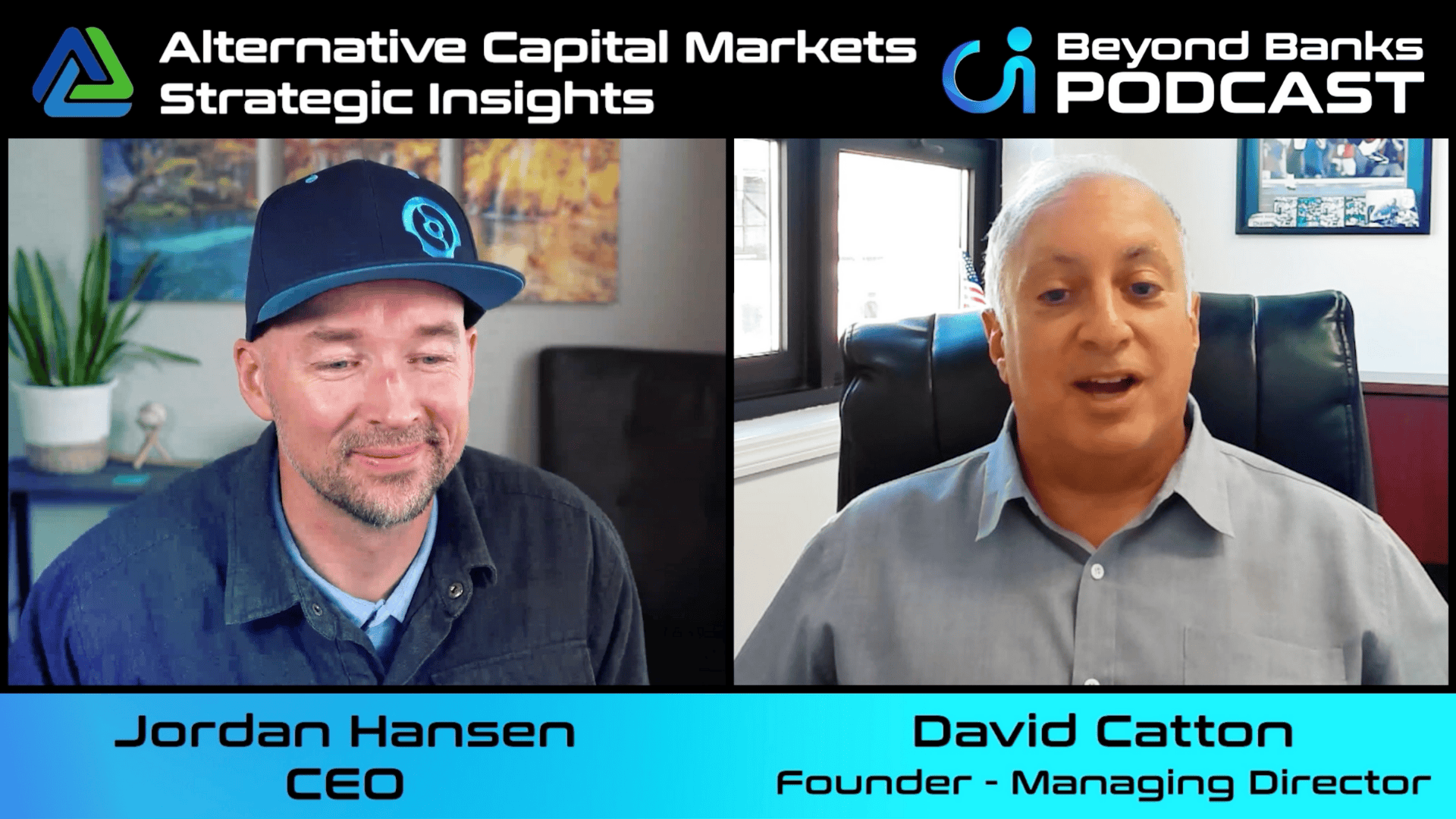
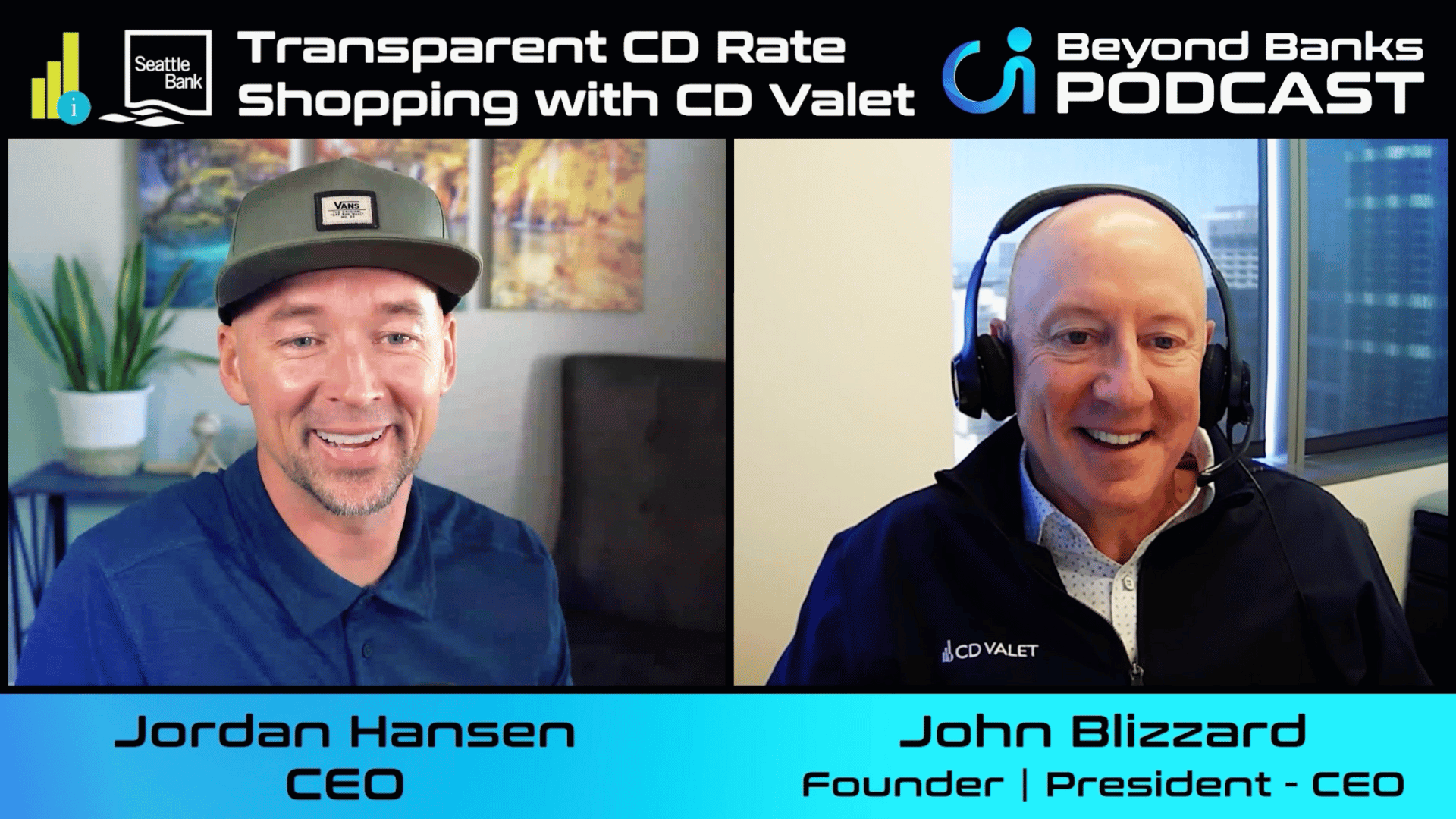


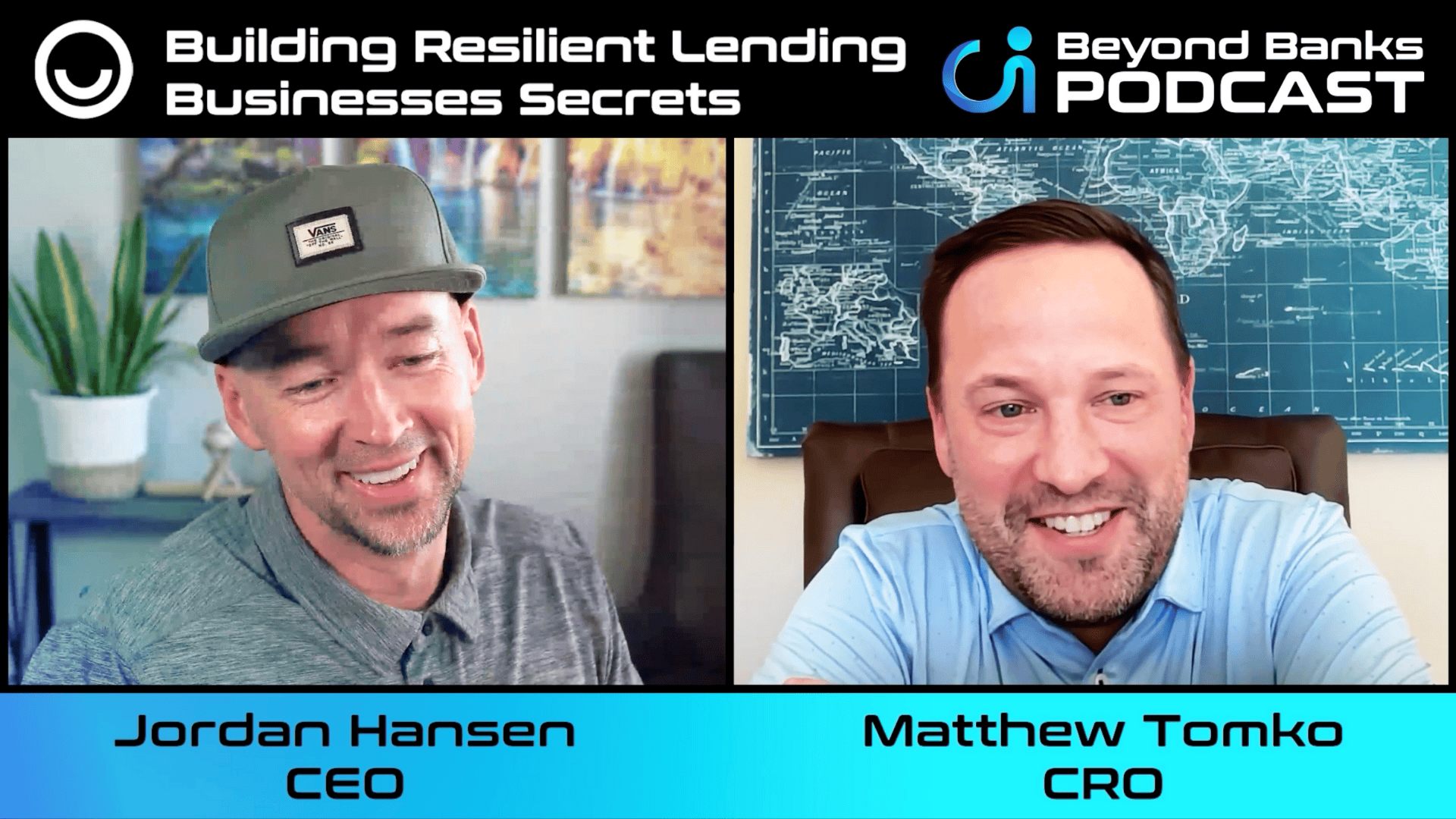

.png)
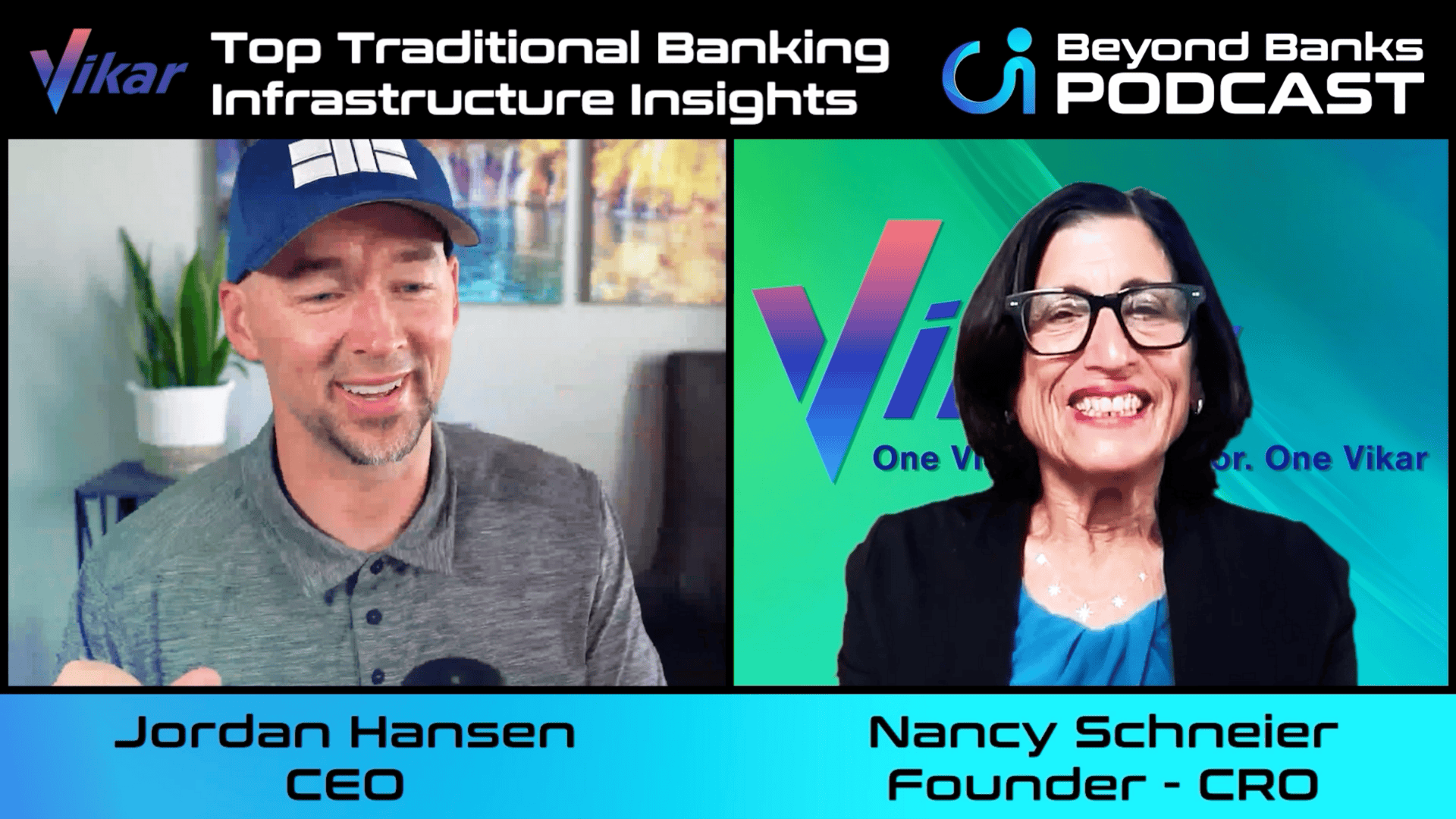
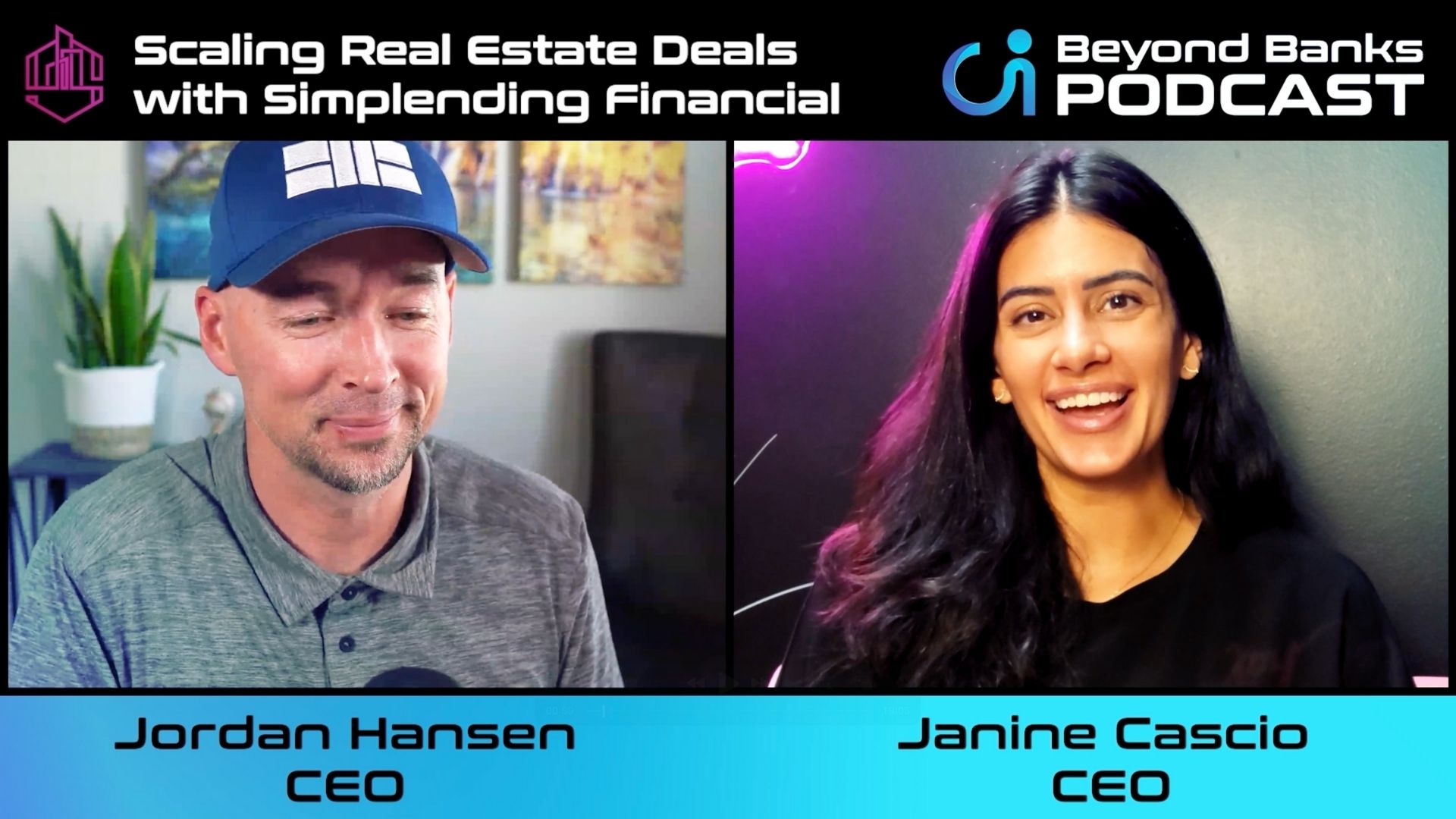
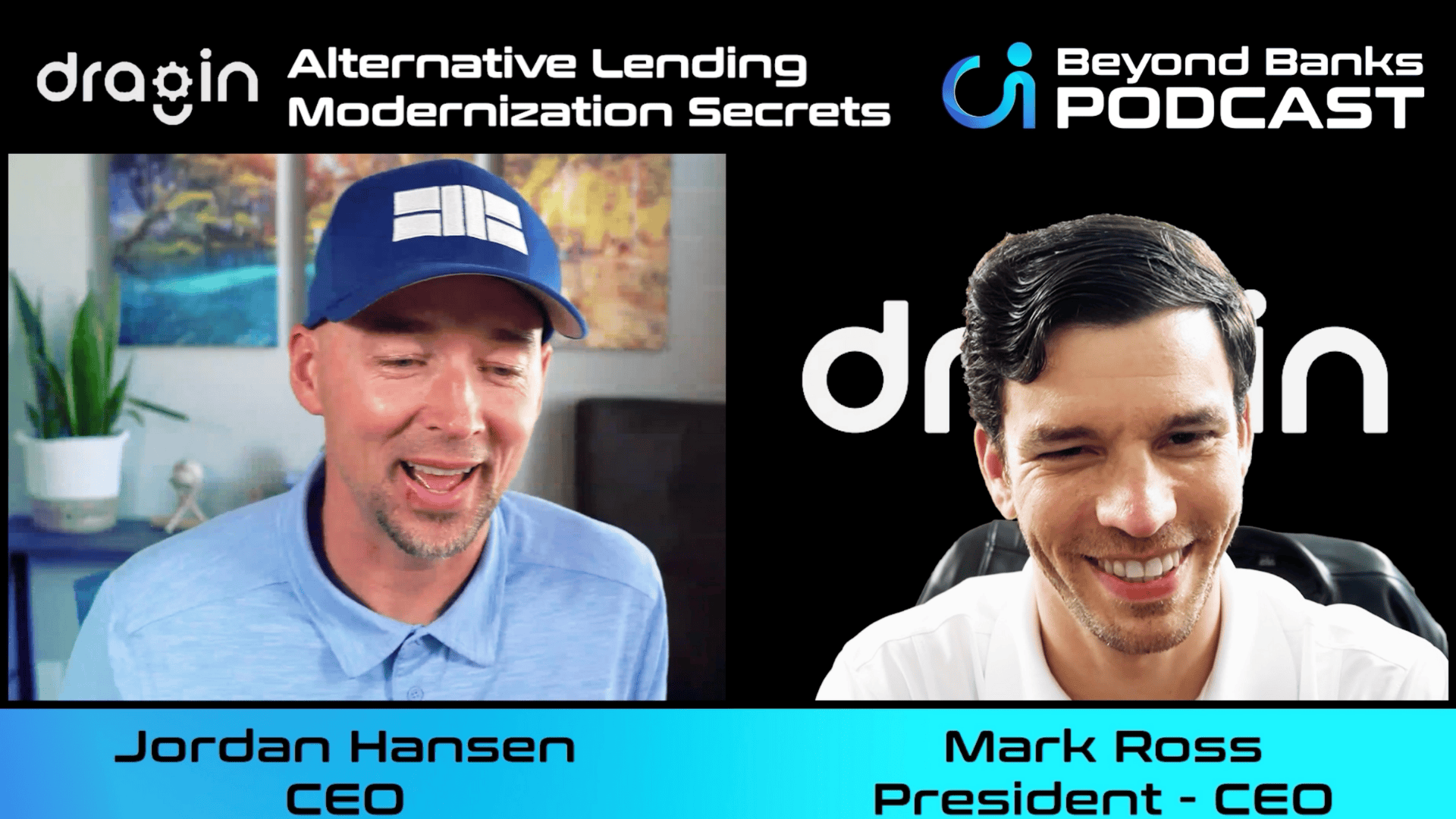
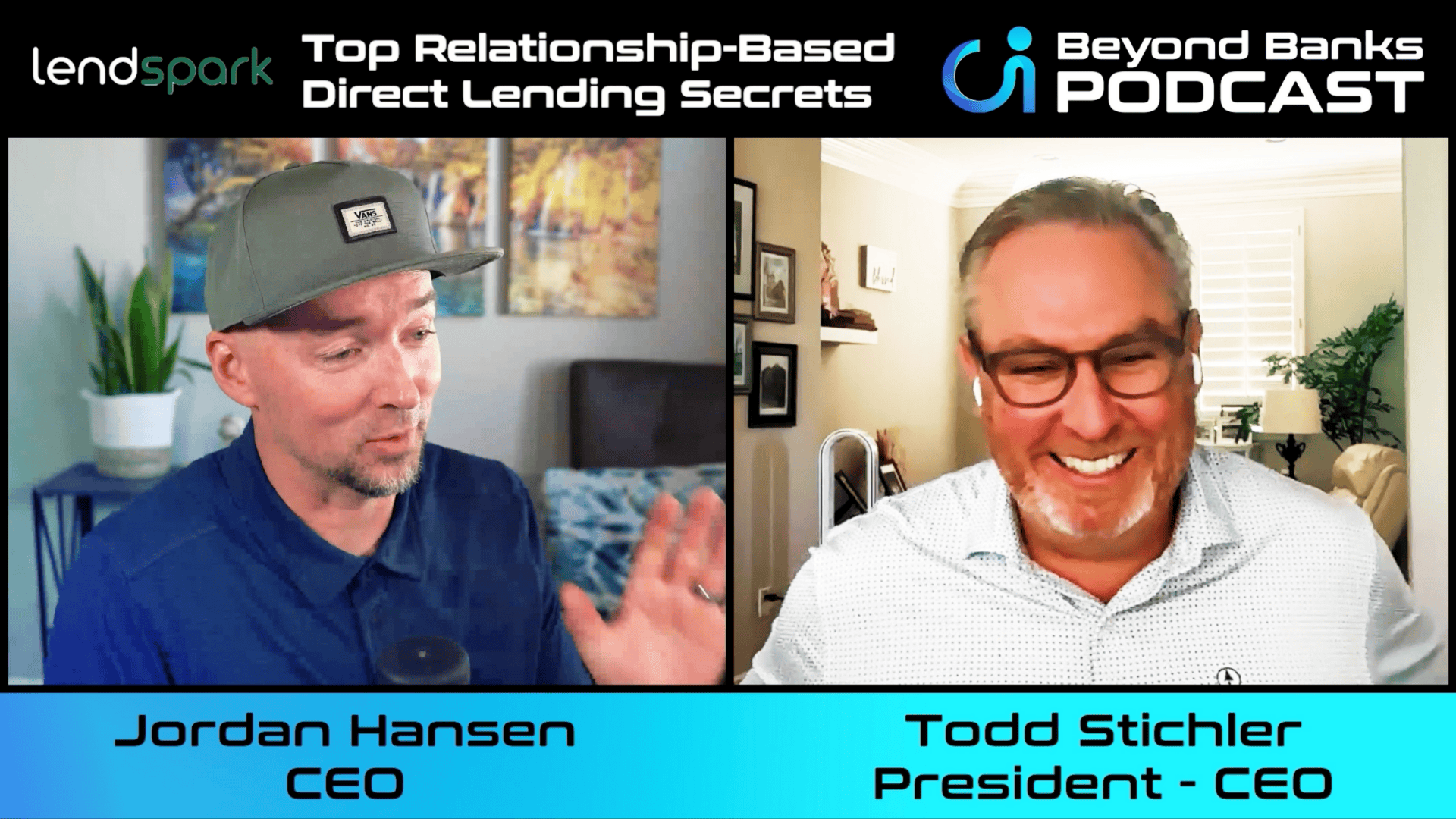
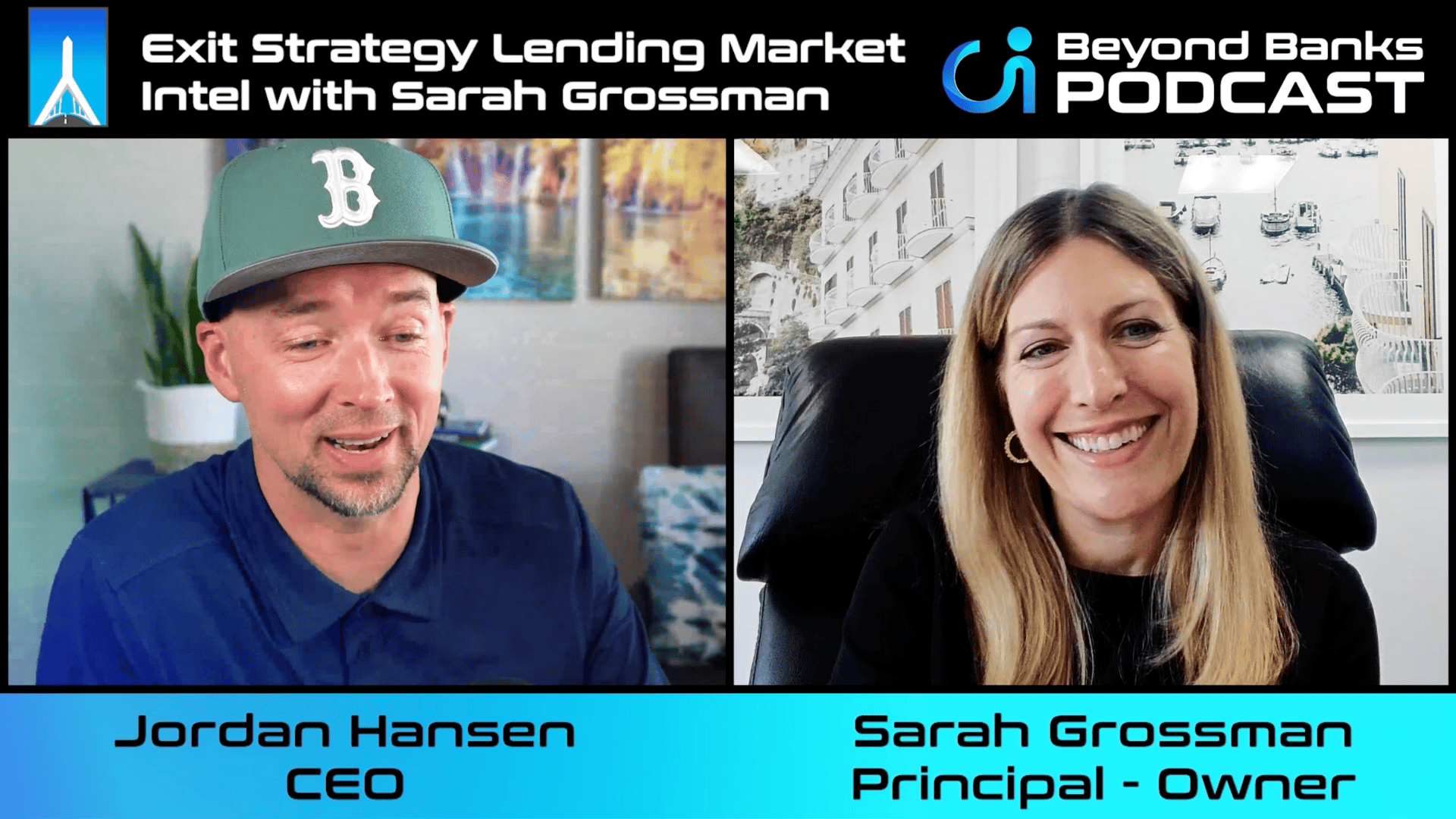
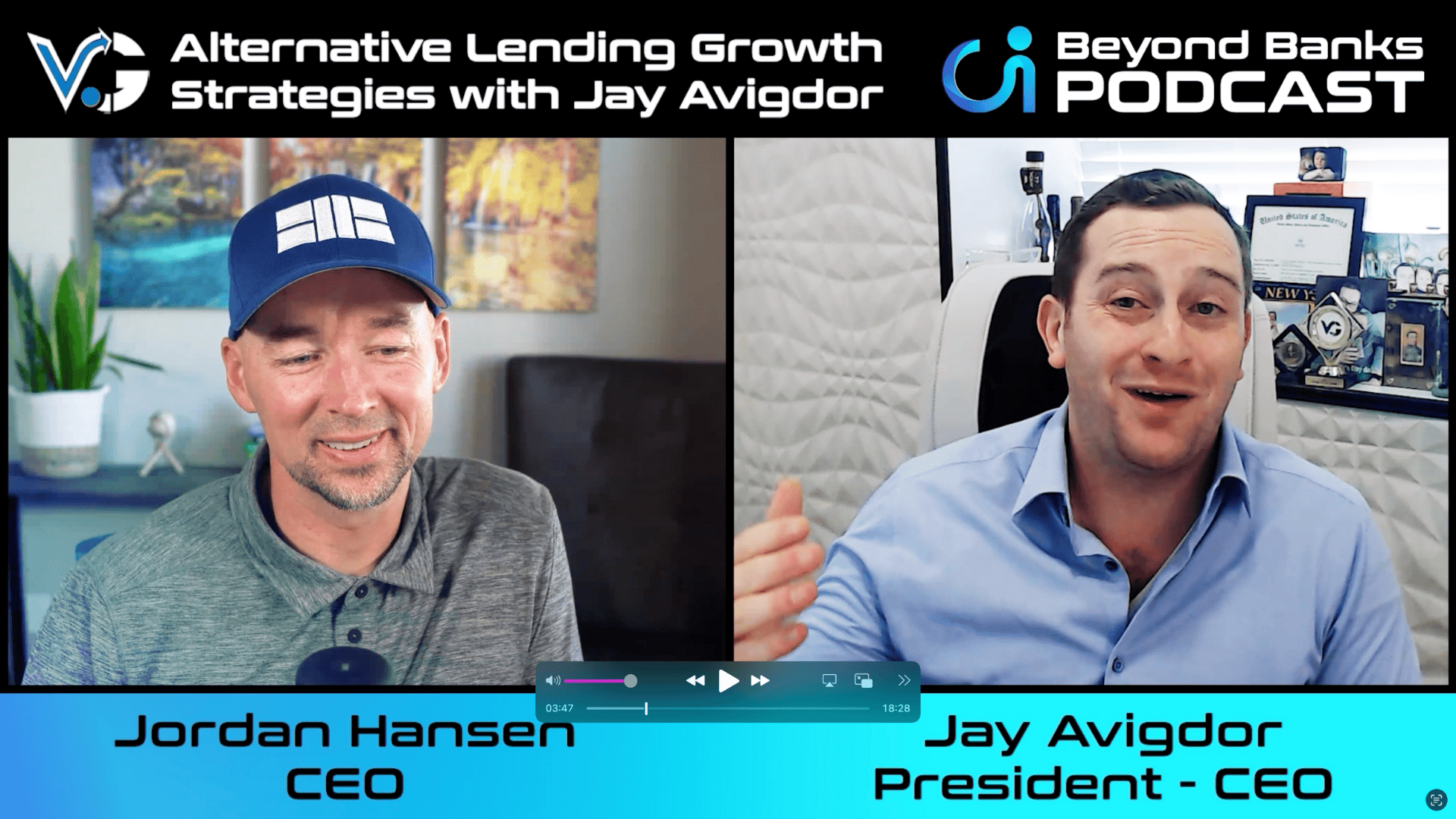
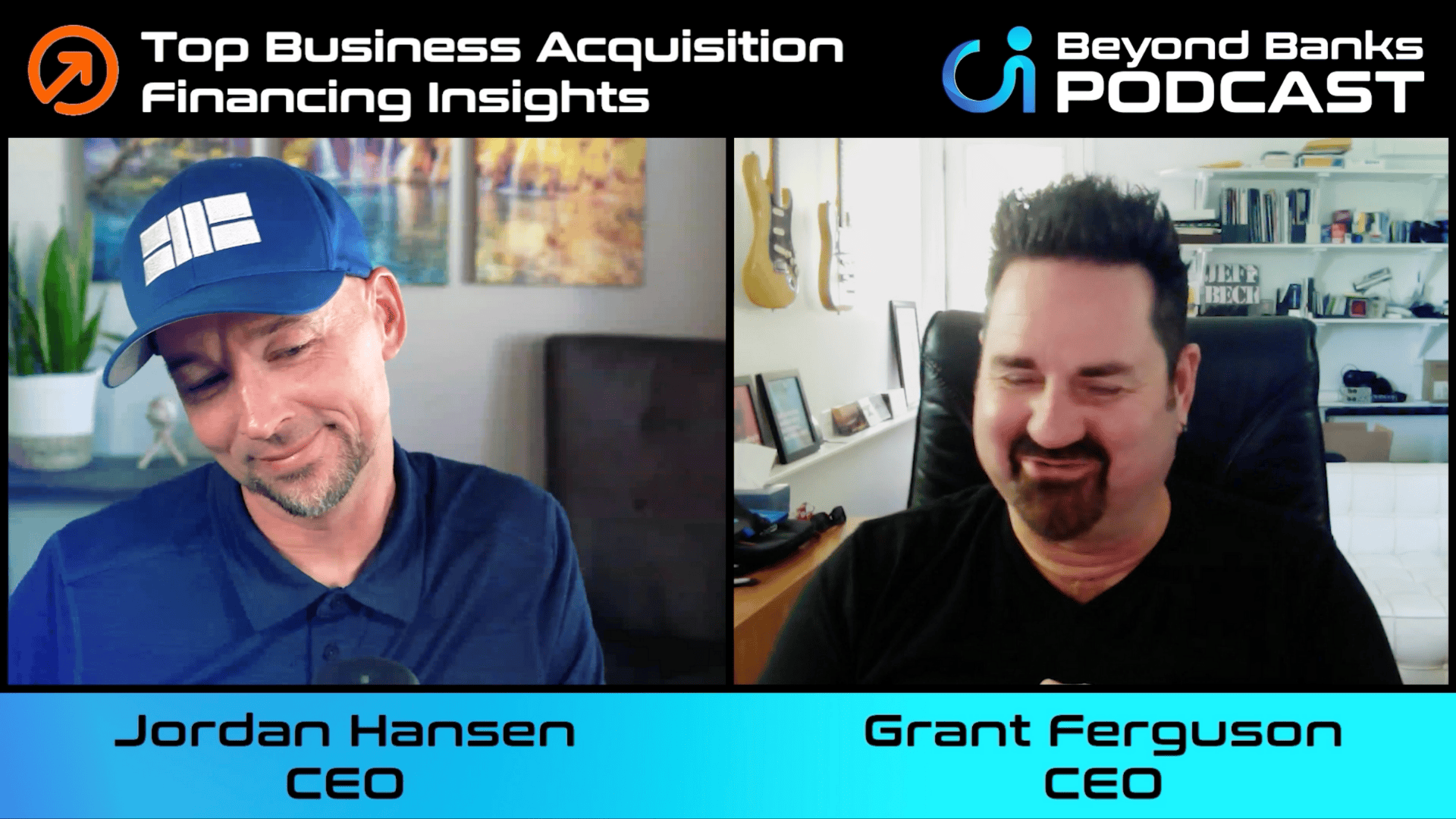
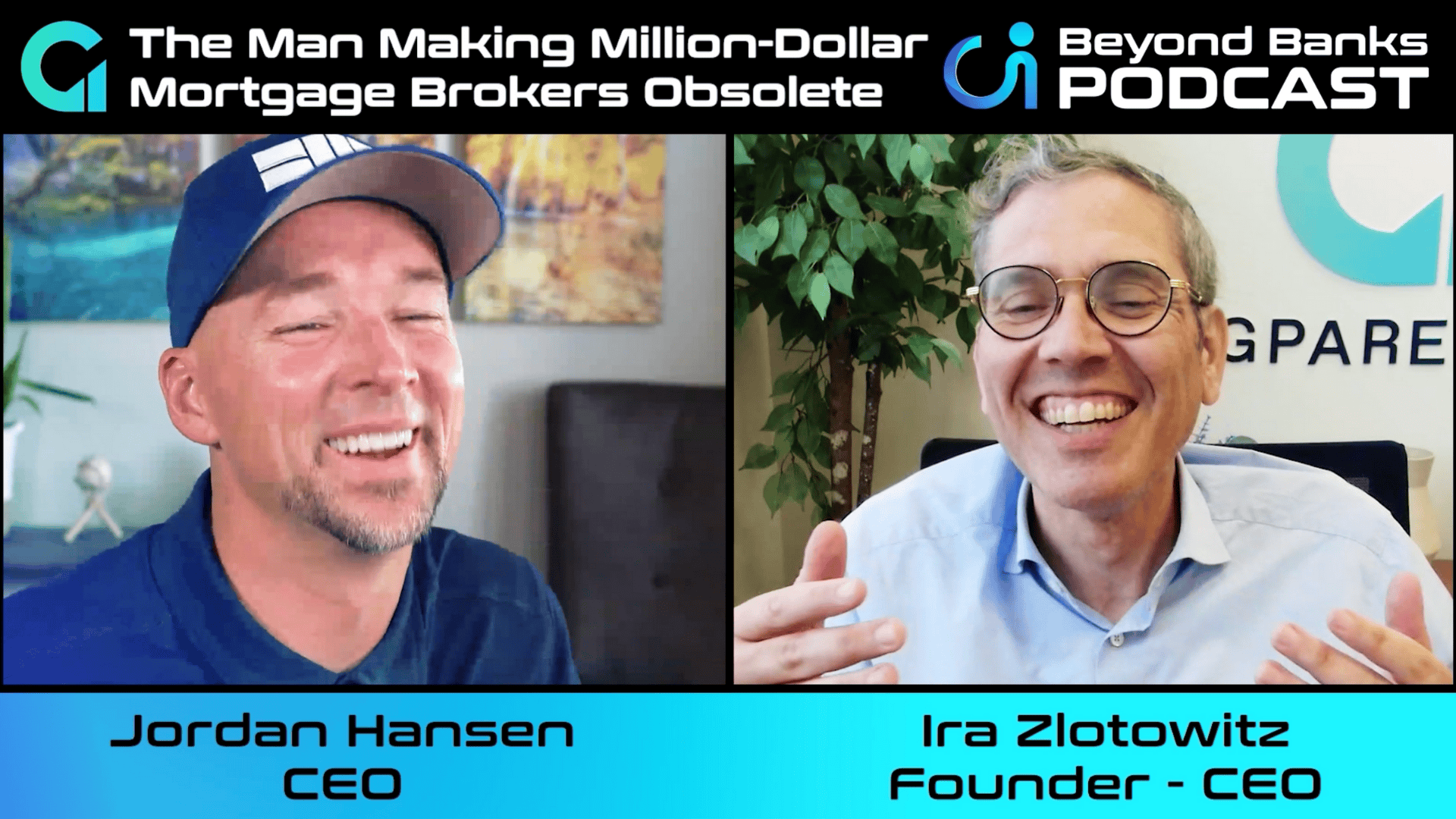
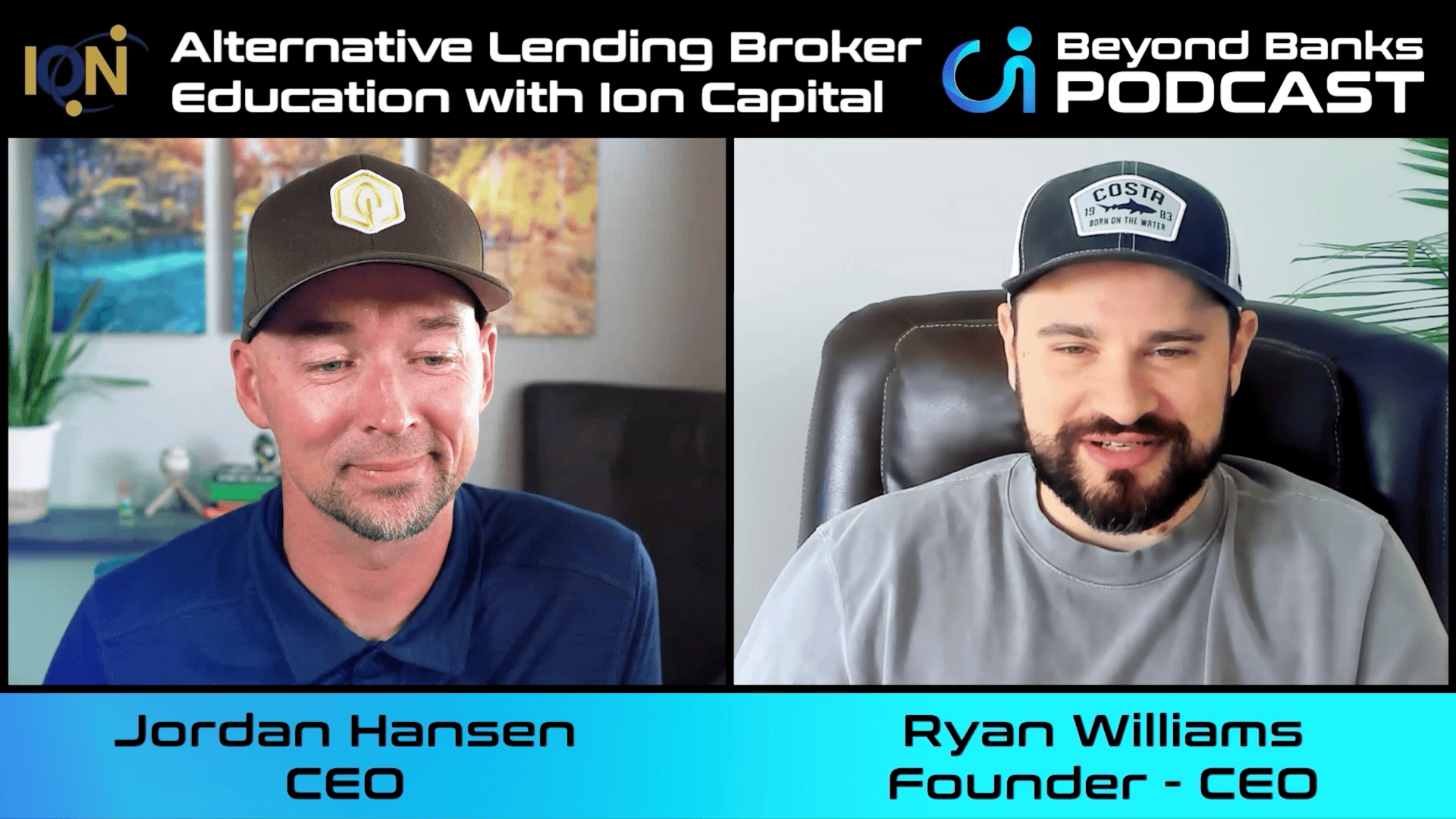
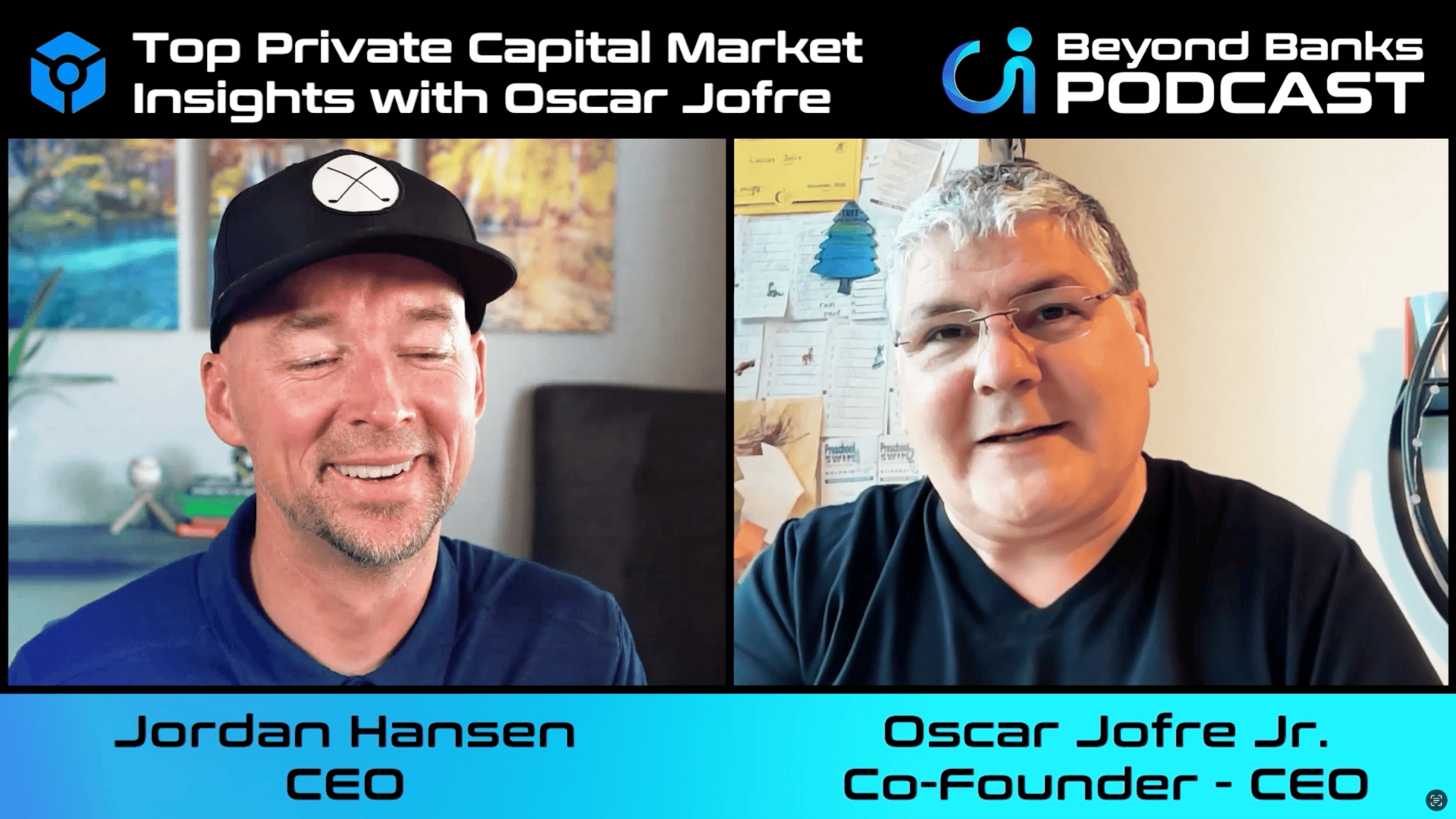

















.png)